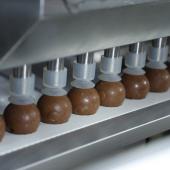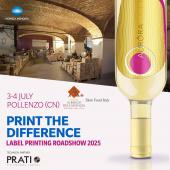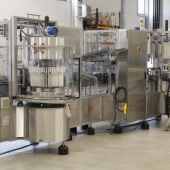A world in a teacup
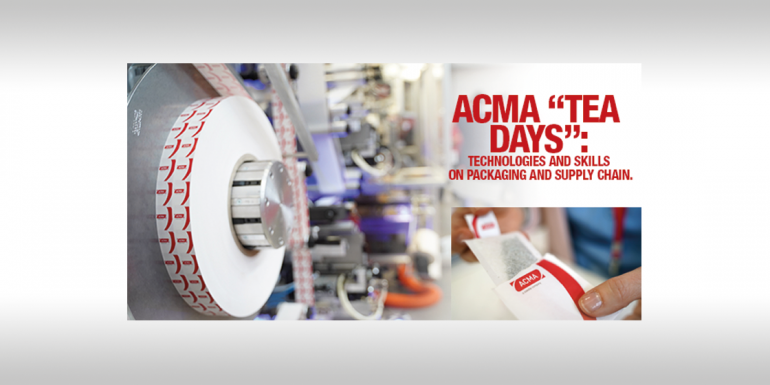
Between 13 and 17 May ACMA, a Coesia company, hosted “Tea Days” at its headquarters: a chance to not only show specific solutions and technologies for the primary and secondary packaging of tea, but at the same time boasting a vast array of knowledge that encompasses the entire supply chain, from cultivation through to the distribution and consumption of the product.
Three concepts around which ACMA built the event dedicated to the world of tea and its protagonists: knowledge, sustainability, innovation, topics that have substantiated as many thematic areas..
Knowledge, meaning knowing the sector
ACMA, which in 2019 celebrates 95 years in the business, is a company that specialises in the design, construction and marketing of machines and systems for the packaging of consumer packaged goods, with significant experience in the tea sector. In this context, ACMA’s know - how not only encompasses the specific area of packaging technologies but extends right along the supply chain, taking in the various phases connected with the production and consumption of the beverage: from the cultivation of the tea plant to the process of drying and producing the product, and through to subsequent marketing and consumption phase, which differs according to the reference market.
During the event, the world of tea and the time - honoured culture with which it is associated were represented within the Knowledge section, with the exhibition of innumerable types of tea and objects connected with the consumption of this beverage in various countries, from Japan to England, and from China and India to Morocco.
Immersed in a strongly sensorial experience, the guests appreciated the fine compendium of images, sounds and scents.
Sustainability: a supply chain for green solutions
Meanwhile, the materials used in the packaging of tea were the focal point of the section dedicated to sustainability, which involved specialist suppliers. More specifically, the companies that took part in the event included Terranova and Glatfelter (both involved in the manufacturing and processing of filter papers), Interfil and Zwirnerei (which specialise in the production of tea bag threads), Polypack (which produces tags and envelopes) and Cartotecnica Naldi (whose core business is the manufacturing of cardboard boxes). Finally, Rockwell Automation, which supplies systems for controlling and optimising the consumption of machines.
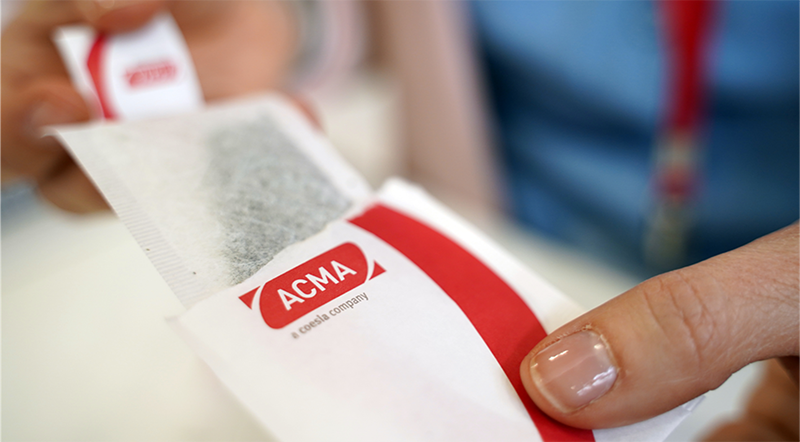
Fundamental partners of ACMA, during the Tea Days all the suppliers remained in close proximity to the company both physically and conceptually: thanks to continuous exchange and collaboration, optimum solutions are developed to meet the specific requirements of customers.
Partnerships with companies active in the materials sector are also key when it comes to pursuing the sustainability principles adopted some time ago by ACMA which are not only aimed at ensuring savings for customers, for example through the reduced consumption of wrapping materials, but which above all guarantee respect for the environment, proposing solutions with as little impact as possible.
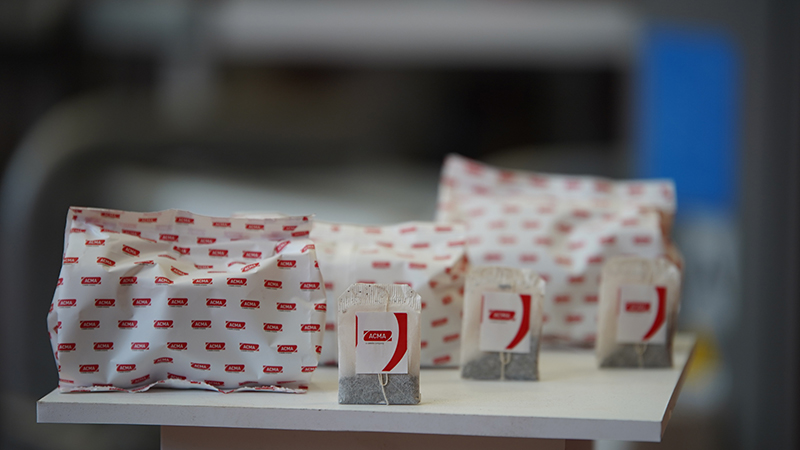
Innovation, for a shared technology
As well as external suppliers, lots of attention was also focused on the technology partnerships with some Coesia companies, espressione of a complementary and strategic collaboration for the development of customised and complex projects.
Tea Days was attended by:
- Atlantic Zeiser which displayed its latest applications in inline and offline digital printing, designed for track and trace solut ions;
- Flexlink, a company specialised in the creation of product handling systems, exhibited an application based on collaborative robots - cobots - for the palletisation of boxes of tea and two types of conveyor belts;
- Emmeci, specialised in the creation of boxes for “premium” sectors, wowed our customers during the event with solutions to enrich our current range of secondary tea packaging products. questo contesto, il suo know-how abbraccia non solo lo specifico ambito dalle tecnologie per il confezionamento, ma si estende lungo tutta la filiera, andando a toccare le varie fasi che ruotano attorno alla produzione e al consumo della bevanda: dalla coltivazione della pianta d’origine al processo di essicazione e produzione del prodotto, fino alla sua successiva commercializzazione e fruizione, che avviene in maniera diversa a seconda del mercato di riferimento.
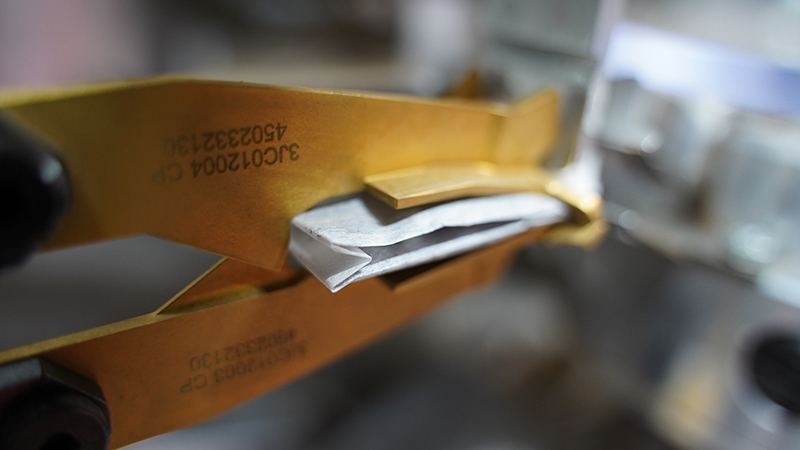

Technology for tea, but not only
Of course, another of the protagonists of Tea Days was technology, which has always been part of ACMA’s DNA; in the exhibition area customers were able to see the different models that make up its portfolio of solutions dedicated to tea.
The first machine on display was the TM 320, a genuine bestseller on the market, designed to pack single chamber tea bags and presented in the comprehensive over - wrapping configuration, thus representing a complete solution.
The TE 500 F stands out for its top - level performance (it can reach 500 ppm) with heat - sealed double chamber tea bags, di splayed in “complete line” mode for the secondary packaging of the bags in pouches. Finally, there was also the TD 300, a mid - speed machine (300 ppm) for the creation of double chamber tea bags, produced without the use of metal staples or glue.
However, ACMA’s experience is not just limited to the tea sector. In fact, during the event large areas of the company were made accessible, including the workshop, to illustrate the working method employed by ACMA, which combines the use of highly advance d technology with an artisan’s eye for detail. More specifically, solutions for the Food, Personal Care and Pharma sectors were exhibited including processing machines (tortellini and ravioli makers), machines for the multi - style packaging of chocolates, l iquid filling units and soap packaging.
Witness of time
Of particular interest was the display of an original 1947 version of the 749, a machine that packaged sweets, nougat, sugar cubes and stock cubes. The machine, whose mechanical movement can still be appreciated, played a fundamental role in the history of the packaging sector as it was the first model to which the “Z” wheel was applied - a mechanism invented by Bruto Carpigiani in the late 1930s during his time with ACMA - which made it possible to switch from con tinuous to intermittent motion.
This underlines the important influence that ACMA has had in the development and integration of technology over the last 95 years. Technological innovation that is always in step with the times and the needs of the market.














